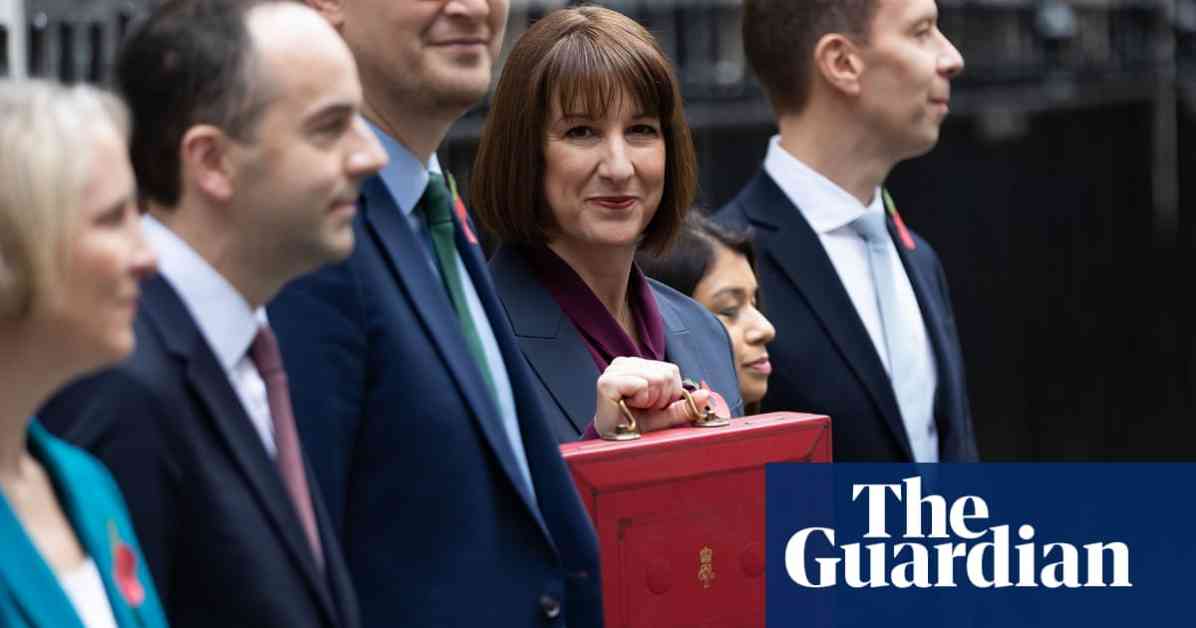Rachel Reeves made her budget debut with a focus on a significant increase in public spending to address the pressing needs of the country’s public services. She announced a comprehensive package of tax, spending, and borrowing increases, emphasizing the importance of investing in areas such as healthcare, education, transportation, and energy infrastructure.
In her speech, Reeves highlighted the need for £40bn in tax increases to fund emergency cash injections for the NHS and to address the financial deficit left by the previous government. She emphasized the importance of making responsible choices in the national interest, even if they were not easy decisions.
The budget outlined a plan to raise spending by £70bn annually over the next five years, with about half of the increase coming from tax hikes and the rest from additional borrowing. This increase in borrowing would enable significant investments in critical sectors such as schools, hospitals, railways, and energy infrastructure.
One of the key highlights of the budget was a £22.6bn cash injection for the NHS in 2025-26 to reduce waiting lists and improve healthcare services. Despite concerns about the impact of tax increases on business and private investment, Reeves remained committed to her vision of revitalizing public services and stimulating economic growth.
While the Office for Budget Responsibility acknowledged the short-term growth boost from increased NHS funding, it cautioned that the expected economic benefits might not materialize until the next parliament. The OBR also warned of potential inflationary pressures and the need for continued fiscal discipline to manage public finances effectively.
The budget received mixed reactions from various stakeholders, with industry representatives expressing concerns about rising taxes and operating costs. However, organizations like the TUC and the IPPR highlighted the potential benefits of higher public investment in driving economic growth and supporting private sector activities.
Farmers across the UK expressed disappointment over the limitation of inheritance tax relief for farms, raising concerns about the long-term viability of family-owned agricultural businesses. Despite these challenges, the government’s commitment to boosting growth through increased public investment was welcomed by international organizations like the IMF.
Moreover, government ministers in Scotland, Wales, and Northern Ireland lauded the budget for delivering the largest real-terms funding increase since the inception of devolution. The additional funding allocations for the devolved nations underscored the government’s commitment to addressing regional disparities and promoting economic development across the UK.
Overall, Rachel Reeves’ budget strategy focused on striking a balance between addressing immediate funding needs for public services and laying the foundation for sustainable economic growth. By prioritizing investments in critical infrastructure and essential services, the government aimed to create a more resilient and prosperous future for all citizens.












